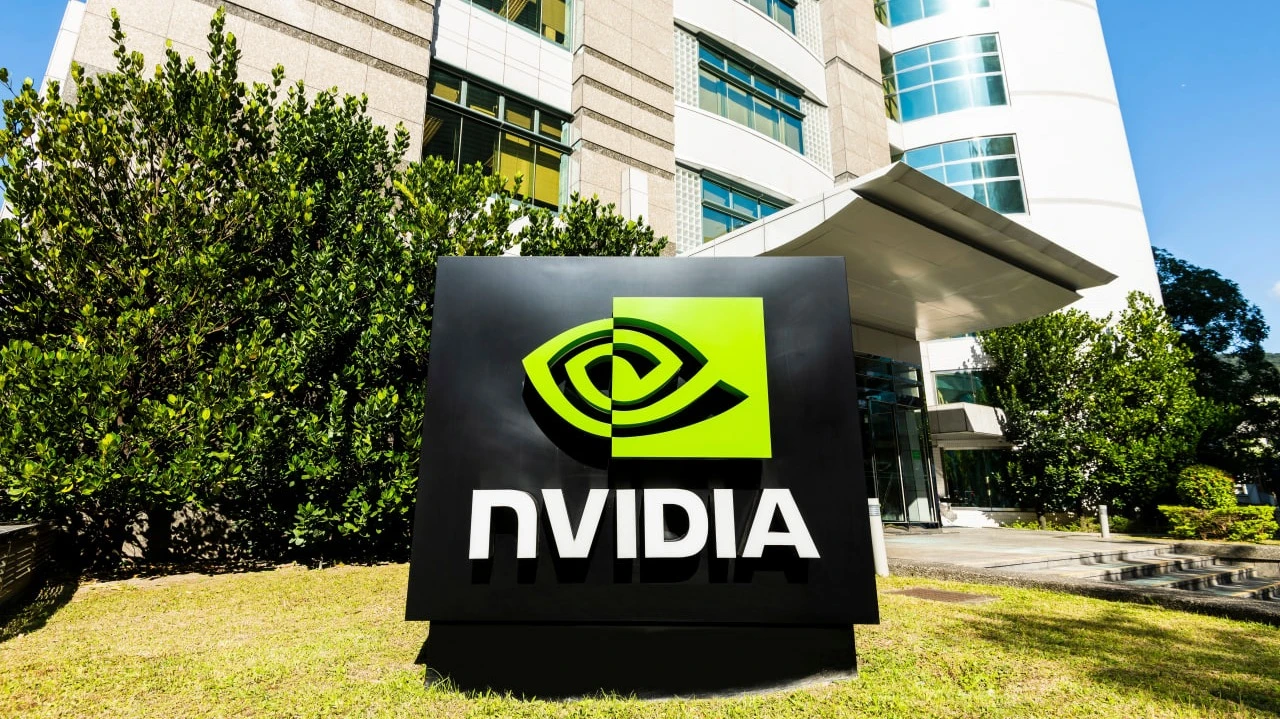China accused Nvidia of violating anti-monopoly regulations. What's in store for the chip maker?
Nvidia's revenue in China has totaled $13.5 billion in the last four quarters

China has accused Nvidia, the largest company in the GPU market, of violating antitrust laws after a preliminary inspection. This casts doubt on Nvidia's prospects in the country, where its share of global revenue has already fallen from 21% to 12%. The accusation comes amid talks between the US and China, which are discussing trade restrictions. Despite investor concerns, analysts remain generally positive on the company's securities.
Details
China ruled following a preliminary investigation that chipmaker Nvidia violated antitrust rules after acquiring network equipment developer Mellanox Technologies, Bloomberg writes.
The State Market Regulatory Authority did not specify what action it might take against the company, saying only that it was continuing its investigation. Nvidia did not comment on the situation.
The accusations against Nvidia came amid China-US trade policy talks in Madrid, which could determine the nature of relations between the world's two largest economies. It is not yet clear how this will affect the talks, Bloomberg notes. Over the weekend, China also announced an anti-dumping investigation against some U.S. semiconductor manufacturers.
What's going on
Nvidia acquired Israeli networking equipment maker Mellanox for $7 billion in 2020, gaining regulatory approval. Nvidia CEO Jensen Huang claimed that competitors "hated the deal" and demanded guarantees that access to Mellanox's technology would remain open. Beijing approved the deal on the condition that Mellanox would not infringe on Nvidia's Chinese competitors and would provide them with information about its new products within 90 days of Nvidia receiving it.
Last December, China announced an investigation into the deal. The case was opened amid expanding U.S. restrictions on China: Washington then banned Nvidia from selling its most advanced artificial intelligence chips to Chinese firms, citing national security concerns. To comply with Washington's demands and continue selling in China, Nvidia redesigned its chips at least twice.
The Chinese regulator's preliminary ruling comes weeks after the U.S. agreed to allow Nvidia and rival AMD to sell some of their sought-after AI chips to Chinese companies on the condition that they contribute 15% of the proceeds to the government. However, Beijing soon urged local firms and government agencies to reject the Nvidia H20 gas pedal developed for the Chinese market, citing security concerns.
What this means for Nvidia
The investigation was a blow to Nvidia, as it is unlikely that China will allow it to sell new hardware to a company it accuses of violating antitrust rules. Additionally, Nvidia is restricted by U.S. bans on shipping its chips to China, Barron's notes.
Over the past four quarters, Nvidia's revenue in China totaled $13.5 billion, or 12% of the company's global sales - up from 21% a year earlier.
The Chinese market represents a "$50 billion opportunity" for Nvidia and is growing at 50 percent a year, Huang said in a conference call with investors and analysts after last quarter's report. Uncertainty surrounding shipments to that country was one of the reasons the company had to give a subdued sales forecast for the current quarter. It excluded possible revenue from customers in the world's second-largest economy. Last quarter, chips were not exported to China, and Nvidia reported a $4 billion shortfall.
What about the stock
Following the news of the first results of the investigation in China, Nvidia shares were down 2.5% on the U.S. premarket on September 15. After the release of restrained quarterly results at the end of August, shares of the company, which is the most expensive in the world, have lost 2% to date. But since the beginning of the year they have added more than 32%.
Last week, several analysts adjusted their recommendations and target prices on Nvidia. DA Davidson raised its recommendation from "neutral" to "buy" and set a target price of $210. This estimate implies an 18% upside to the stock's previous closing price.
Jefferies reiterated a "buy" recommendation on Nvidia shares. New Street raised its target price on Nvidia shares from $200 to $235 and maintained a "buy" recommendation. Their assessment implies growth of chipmaker's securities by 32%.
According to FactSet, on average analysts rate Nvidia's stock a "buy" with an average target price of $217.5. Their forecast assumes growth of the company's shares by 22.3%.
This article was AI-translated and verified by a human editor
